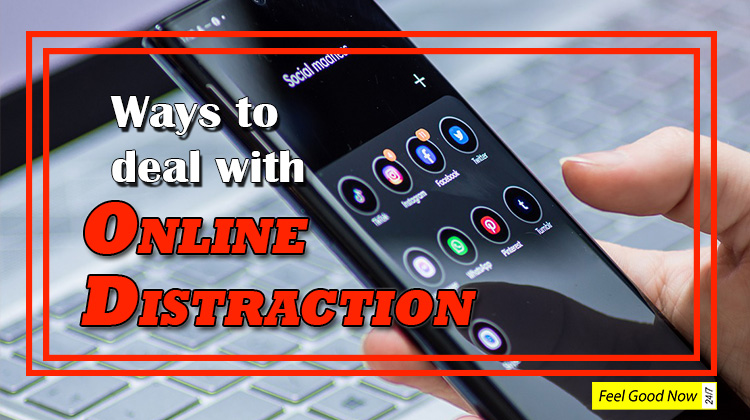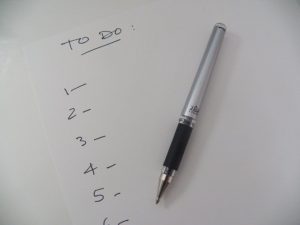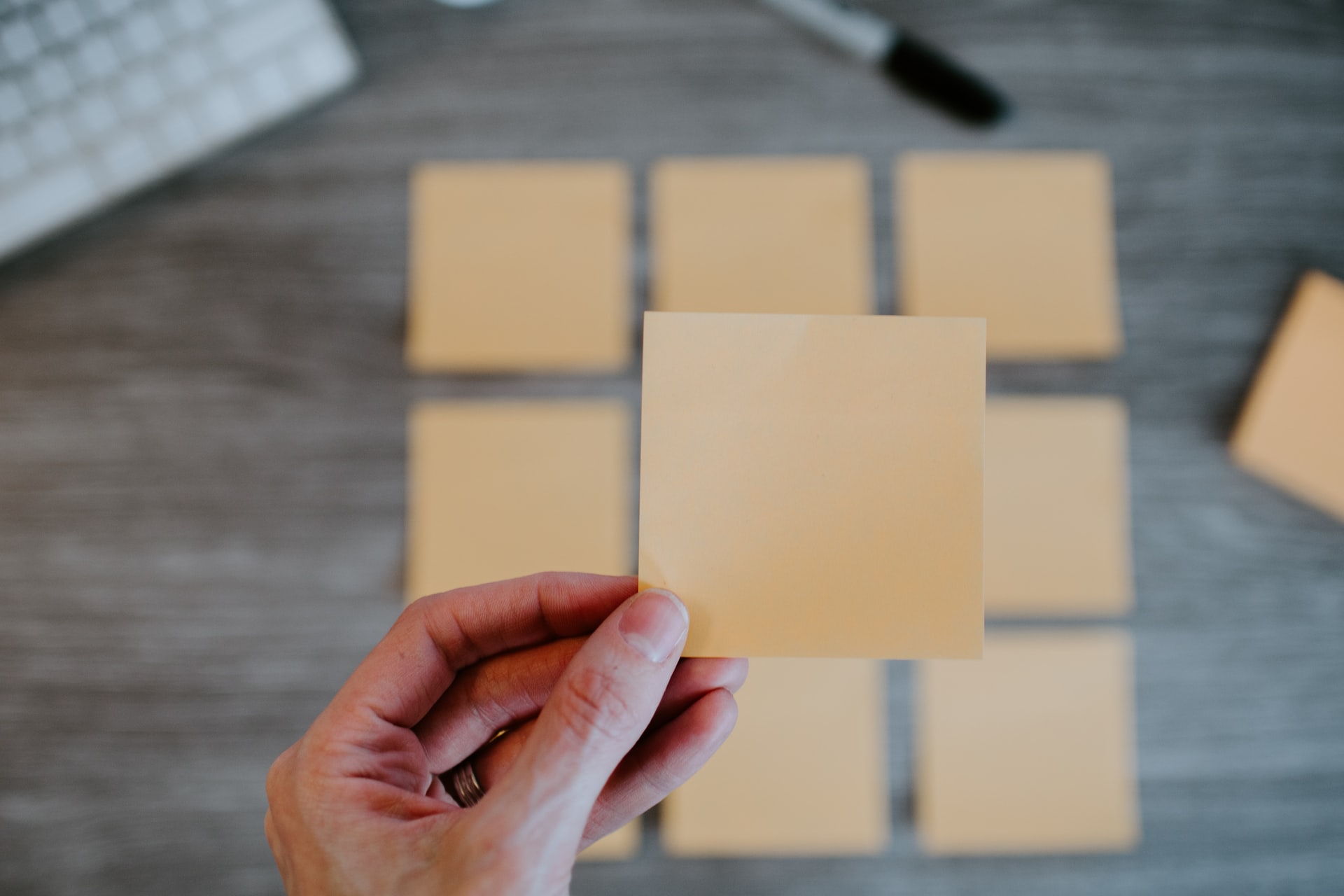
People are busy constantly checking notifications, refreshing their mailboxes, chatting on WhatsApp groups, reading tweets, exploring Instagram suggestions, or watching recommended YouTube or TikTok videos in an endless loop. And all this while pretending to themselves as if they are doing something productive, but deep down, they know they are just running away from the real work, study, or other important things they could or should do. The focus should be like a steel knife – sharp and unbreakable! But today, the focus of most people is like a clay knife – blunt and easily breakable by the blows of the constant distractions. In this article, we will see several ways you can deal with the online distraction caused by mobile or other tech device addiction.
All the techniques mentioned are not overnight solutions to the mobile addiction problem. You must be patient enough to implement some or all of the techniques consistently, at least for 3 to 4 weeks, to make some real, lasting change in your digital habits. It is all about building new habits that will need conscious efforts from your side for the first few weeks. So let us begin.
1. Mute notifications of time-wasting apps.
Yes! Simple but effective. It is hard not to check the notifications once you hear or see them. When the notification bell rings, you tell yourself it will just take 2 minutes to check the notifications. But half the time, these small sessions extend from 5 min to 15 min to 30 min taking up 25 to 50 percent of your precious hour without you even noticing it.

So mute these notifications and don’t allow these apps to suck the minutes out of your hours.
2. To-do lists/ Goal-setting / Reminders
Trying to go ahead with your work for the day or week without a to-do list is like navigating a ship in the night sea without a compass, a map, or both.
You generally take a longer route or go in the wrong direction and then spend extra time trying to reach the destination in a limited time, picking up more anxiety and maybe even making some mistakes on the way.

A to-do list relieves your brain from the additional responsibility of having to remember the extra things. Thus it makes us free to focus and think on a deeper level and offers some great creative insights during the tasks at hand.
It also tells your brain that all the fun stuff has got its own time to engage in, so there is less chance of the brain getting restless with the thought of not checking your phone for a certain time.
A to-do list is not only a map but also a promise you make to your dopamine-hungry brain that it will get its share of time to engage in some exciting activities later.
3. Put the time-wasting apps in less-accessible areas of your phone.
Keep the home screen of your phone or other devices clean, and do not allow these time-wasting apps to live rent-free on that precious space that catches your eyeballs.
Instead, fill that space with note-taking apps, calendars, alarms, to-do lists, screen-time counter apps, etc. The best thing would be to remove the time-wasting apps altogether, but for most, it is impossible. So make them as hard to access as possible.
You can also use ‘App-blocking apps,’ which can block specific apps for a certain time. Also, locking the phone in a drawer for a specific time can work wonders in the initial days until you get used to working with full focus. Add as many steps as possible between you and you using the phone, thus deterring you from reaching for the phone while you work. Or put a hairband around the phone.
4. Good sleep
Inadequate sleep can affect the ability to focus and concentrate. A mind that is not well rested tries to run away from complex tasks. It seeks comfort in easy-to-consume things such as funny Tiktok videos, fun group chats, or some stimulating sensational news on Twitter.
A cup of coffee can boost the ability to focus for a while, but soon the condition worsens once the coffee effect wanes.

So, sleep well, and the brain will reward you with its high alertness, ready to pounce, learn, or process any complex thing with full excitement.
5. Meditation or Journaling
How does it feel to use a very slow computer, a very old car, or an old blunt knife? Well, it is a frustrating experience. The same is the case with the mind in a semi-hanged state caused by the various thought hurricanes.
It is important to calm down these hurricanes or at least decrease their speed, so our minds can focus longer and better on the tasks at hand.
Meditation and journaling help us know what thoughts are running wild in our minds and thus make it easier to deal with them or remove them from our systems slowly by thinking about things that matter more pragmatically.
6. Sitting capacity
In my junior college days, I remember I had asked one of the toppers in my class, “How do you get such great marks so consistently?” He said, “Just keep sitting with the books until you complete the studies. Sit for hours! Just sit”
Now it is excellent advice. Because it cleverly shifts the focus from studying for hours to sitting for hours. And sitting seems much easier to do than gearing up our willpower to study or work.

Before starting any work or study, tell yourself, “I am not going to get up from this place or check the phone or eat until I get this chapter done or exercise solved or draft written or this small task done. I will sit for one or two hours straight on this place.”
7. Give yourself treats
In the initial tough days of the new habit formation, you can give yourself treats or prizes.
Reward yourself for completing certain tasks with full focus. For not succumbing to the temporary pleasure of checking the notifications. For protecting several minutes and hours of your precious time. For amplifying your productivity!
8. No music. Or instrumental music only
Try not to listen to music with lyrics when studying or working on something serious that requires thinking and analysis. The lyrics tend to disturb the flow and distract us from the task at hand.
I personally avoid music as it can evoke emotions, and I prefer to stay cool-headed or businesslike when I am working on something important. I only prefer music when I am doing something creative such as painting or graphic design work.
9. Post-it sticky notes
Surround your study and workspace with print-outs of your medium-term or long-term goals, which align with your work or study. You can even write the goals on small paper chits and insert them in your drawers and books so you come across them as much as possible.

The aim is to fill your mind with thoughts about these goals so that you don’t get much chance to think about other things. Sow as many good seeds into the fertile soil of your mind and water these seeds regularly.
Okay! That’s it! I hope you found the above-mentioned ways useful to deal with the online distraction caused by mobile addiction. Let us know which tip(s) you will try first. Also, if you know of any other way to deal with this digital distraction epidemic, please mention it in the comments below. We would love to hear from you, and I am sure any new tips or advice from you will also benefit other readers.
Related Reading
- Mastering Manifestation: 11 Must-Read Books on the Law of Attraction & their Key Takeaways
- What exactly is the Vortex which Esther (Abraham) Hicks talks about?
- 175+ Uplifting Self-love Affirmations
- 20+ Steve Jobs Quotes For Big Dreamers
- 70+ Robin Sharma Quotes To Inspire You
- 50+ Confucius Quotes To Enlighten You
Author Profile

-
Lives in Maharashtra, India. Interested in so many things ranging from the law of attraction to the stock market, from sports to technology, and from nature to astronomy.
Living a life inspired mostly by gut instincts. Regular meditator.
Latest entries
 Feel Good NowDecember 22, 20209 Ways To Deal With Online Distraction/Mobile Addiction
Feel Good NowDecember 22, 20209 Ways To Deal With Online Distraction/Mobile Addiction AstronomyDecember 9, 2020Different NASA Logos: Brief History And Meanings
AstronomyDecember 9, 2020Different NASA Logos: Brief History And Meanings Feel Good NowDecember 5, 2020Top ‘Persistence’ Quotes To Keep You Motivated
Feel Good NowDecember 5, 2020Top ‘Persistence’ Quotes To Keep You Motivated BooksDecember 1, 2020Top ‘Truth’ Quotes To Remember Always & Seek Solace From
BooksDecember 1, 2020Top ‘Truth’ Quotes To Remember Always & Seek Solace From






Any comments?